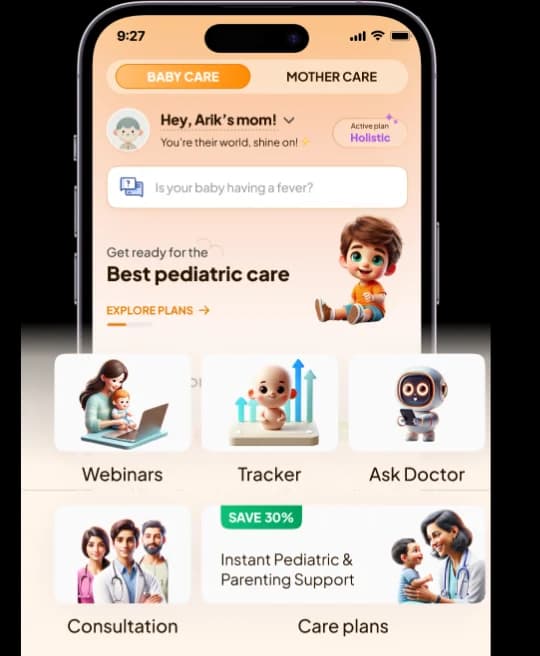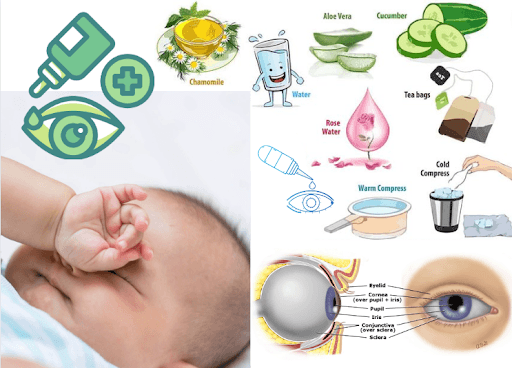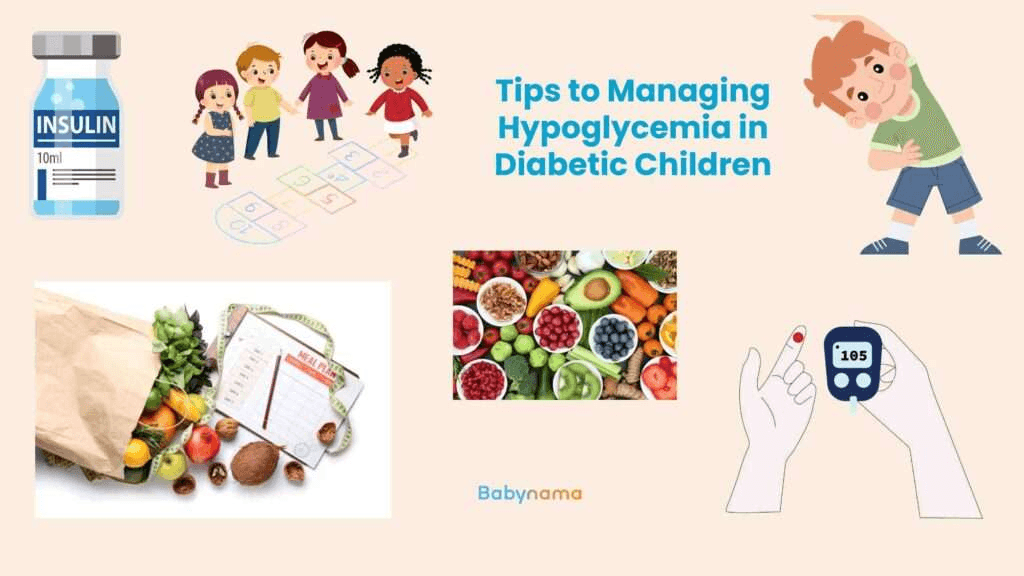
Celiac disease is an autoimmune disease that affects the digestive system, especially the small intestine. When people with celiac disease consume gluten, a protein found in wheat, rye, and barley, their immune system triggers an attack on the small intestine.
Over time, the body’s reaction to gluten damages the small intestine, leading to nutrient deficiencies and other complications. Celiac disease can affect people of all ages, including children. In this blog, we will discuss how celiac disease is treated in kids.
Treatment for Celiac Disease:
- Effective treatment for celiac disease: Gluten-free diet.
- Children with celiac disease must avoid wheat, rye, and barley products.
- Gluten-free diet requires a complete lifestyle change and careful reading of labels.
- Improvement in Symptoms
- Improvement in symptoms may occur within weeks, but small intestine healing may take months or years.
- Remember, a gluten-free diet is the only way to reverse damage caused by celiac disease.

Tips for Eating a Gluten-Free Diet:
Adapting to a gluten-free diet can be challenging at first, but the following tips can help:

- Avoid all grains and goods not labeled gluten-free, including barley, rye, triticale, semolina, farina, and graham flour.
- Be cautious with corn and rice products as they may be contaminated.






